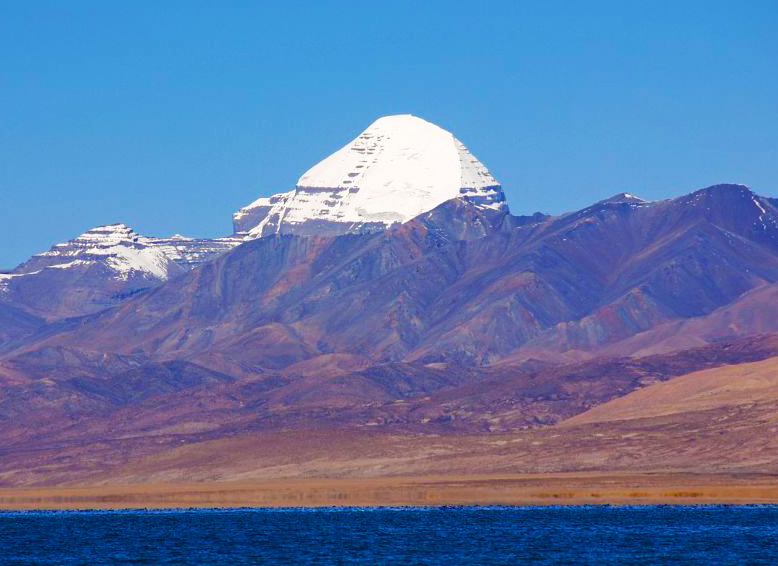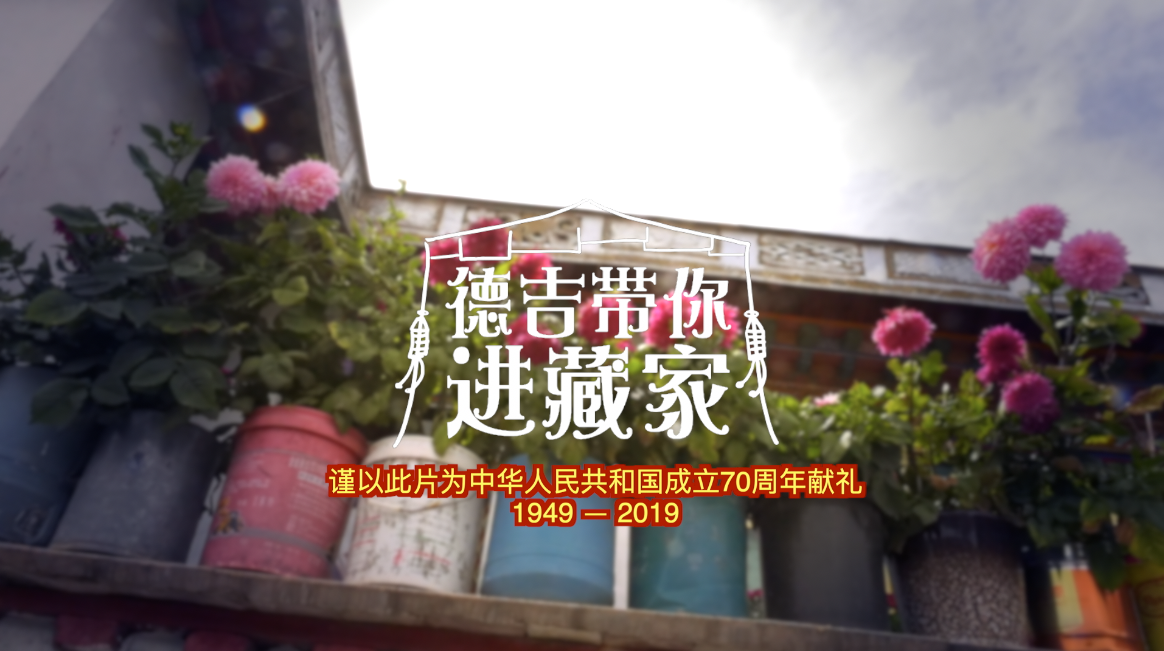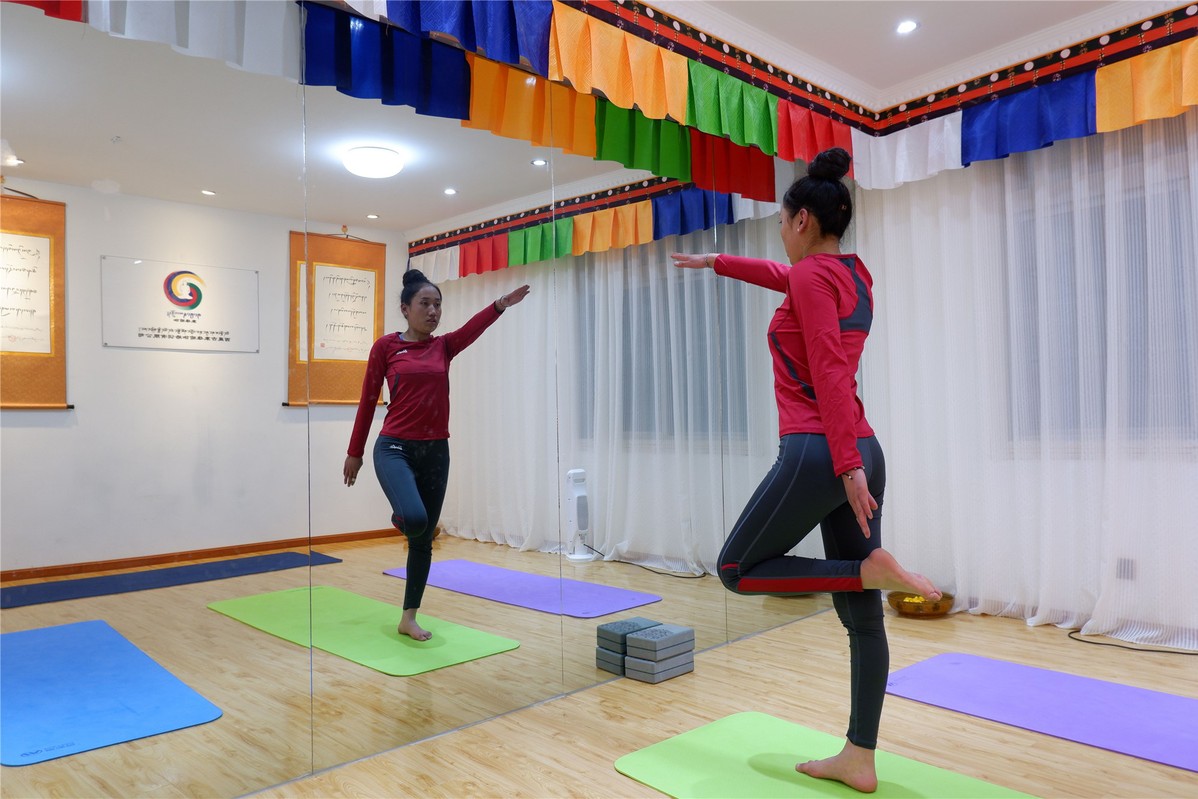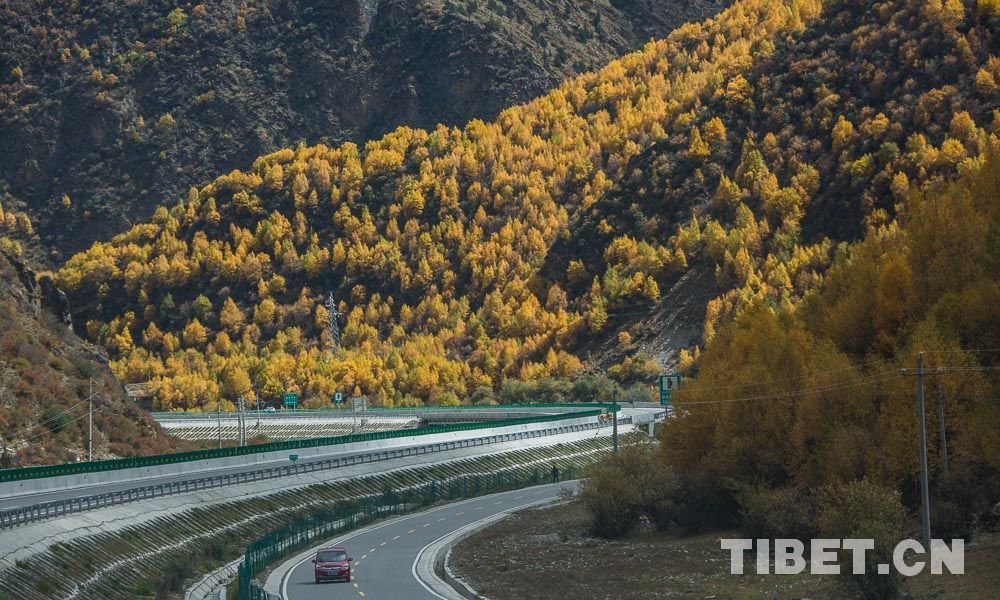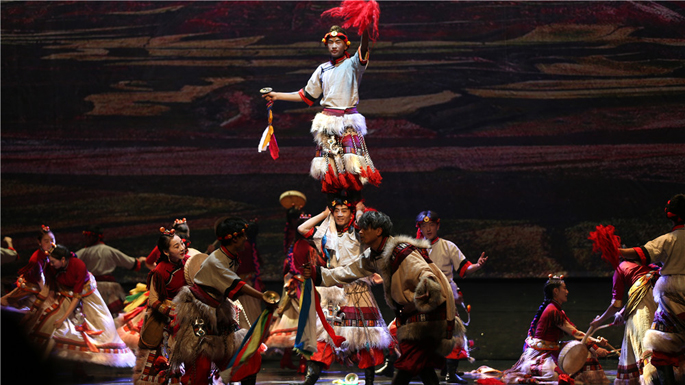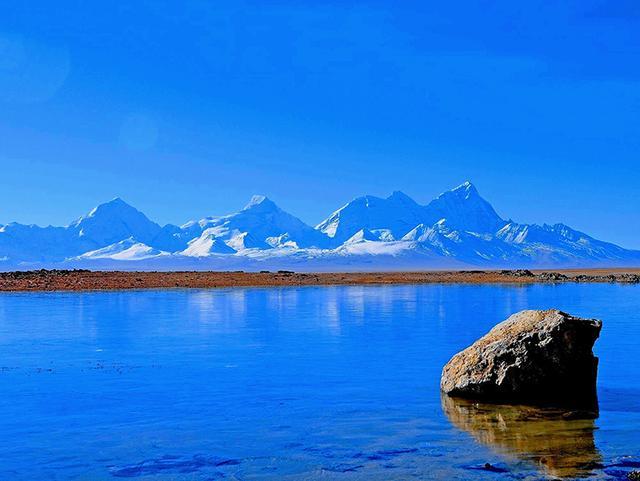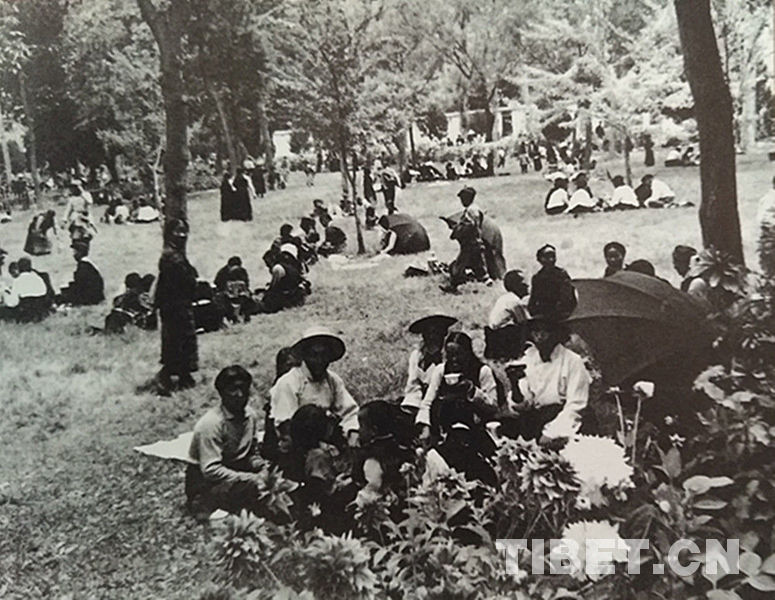Stories of Northern Tibet: a sheepskin coat on my mind
On December 26, 1989, I entered the Northern Tibet uninhabited area for the third time. This time, I went to the western part of the uninhabited area. I was in my unit's car, so I didn't have to worry about the problem of transportation.
Along the way, every time I arrived in the seat of a township government, I would take a rest and take every opportunity to capture as many images of the wonderful world of ice and snow as possible.
The grasslands in the middle of winter are covered in ice, the wind roars, and it is extremely cold. Every time I climbed a roof or stood on a wall to take pictures, I couldn't take more than two pictures before putting my frozen hands back into the sleeves of my old sheepskin coat for warmth.
There is a heroic female Tibetan cadre called Karma in our team. She was wearing a colorful Tibetan robe with a cartridge belt around her waist and a sixty-four type pistol and camera in her hands. She was the then-head of Nagchu County and later the deputy director of the Standing Committee of the People's Congress of Tibet until her retirement last year.
When she saw that I was too cold, she told my leader: "You should make a sheepskin coat for reporter Tang, or else he'll freeze when shooting!"
Before I left, I had longed to meet this well-known, Northern Tibet "heroine", but we did not know each other. Then on that day, she took care of a reporter whom she had never met, which really moved me.
A few years later, I went back to Beijing because of job transfer. Hua Weilie, a female Tibetan journalist from Qinghai, told me that when she went to Yushu for an interview, she met Karma at a meeting. The female county head praised me for being able to endure hardships.
When Karma first joined work, her educational background was relatively poor, but she worked hard and taught herself with tenacious perseverance, and her abilities quickly improved. At the age of 34, she served as the head of Nagchu County, becoming a rare female county head in Tibet.
Karma loved the life of the nomads in Northern Tibet. She loved riding horses since she was a child. When she was 13, she fell off a horse and broke her right wrist. She still has trouble with her wrist even now, but she doesn't care. When she goes out into the countryside, she rarely rides in a car, preferring horses. She also likes to wear the pistol distributed to many cadres at that time. She was fearless and energetic.
At the end of 1993, shortly after Karma served as the deputy commissioner of Nagchu Prefecture, a rare snow disaster occurred in the western part of Northern Tibet. For more than a month of disaster relief work, she braved the severe cold and heavy snow, going from house to house to console the affected people and organize relief work so that none of the disaster victims died.
Karma once told me that as deputy commissioner, she tried to do more practical things for people. If she was not deputy commissioner, she would have returned to the Bangoin Grassland to graze animals.
At the end of 1994, Karma, the then-deputy commissioner of Nagchu, went to Peking Union Medical College Hospital to send a wristwatch and other birthday gifts to a Tibetan orphan named Maxi who had cerebral palsy. After I heard about this, I went to interview her and do a report on it.
Karma is well-known on the plateau for doing practical things. From 1990 to 1993, while serving as the county head of Nagchu County, she built four county and township highways, erected seven highway bridges, and established five township-run primary schools.
Later, when I came to Northern Tibet from Beijing for an interview, I met Karma several times in Shuanghu County, Biru County, and Nagchu Township. After reading my book Traveling Through No-Man's Land in Northern Tibet, she no longer refused to be photographed by me, and she said with a smile: "Maybe this photo will appear in your book!" She was very kind.
Karma is a typical Northern Tibetan. The Northern Tibetans I know are generally open-minded, cheerful, and enthusiastic. Regardless of status or position, they meet with each other frankly. This is the character cultivated by the vast grasslands of Northern Tibet.
Editor: Tommy Tan.
Tibet Stories
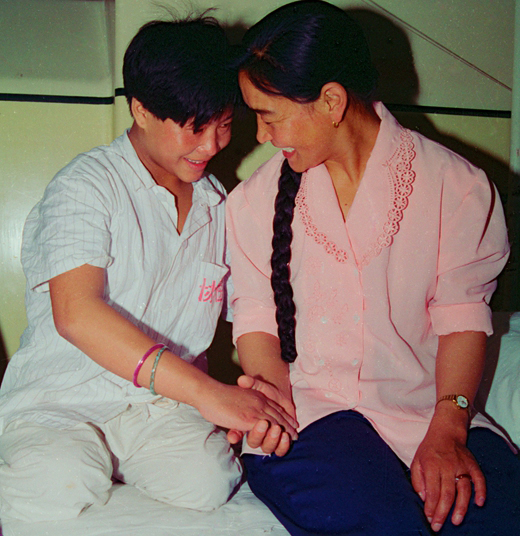
Stories of Northern Tibet: a sheepskin coat on my mind
Karma is a typical Northern Tibetan.
Editor’s Choice
- Snow leopard and leopard photographed in Batang, Sichuan Province
- World's highest county included in State Grid electric coverage
- The 7th Beijing International Seminar on Tibetan Studies
- Contributions are welcome from you
- Symposium for anniversaries of China's Tibet magazine and China Tibet Online held
